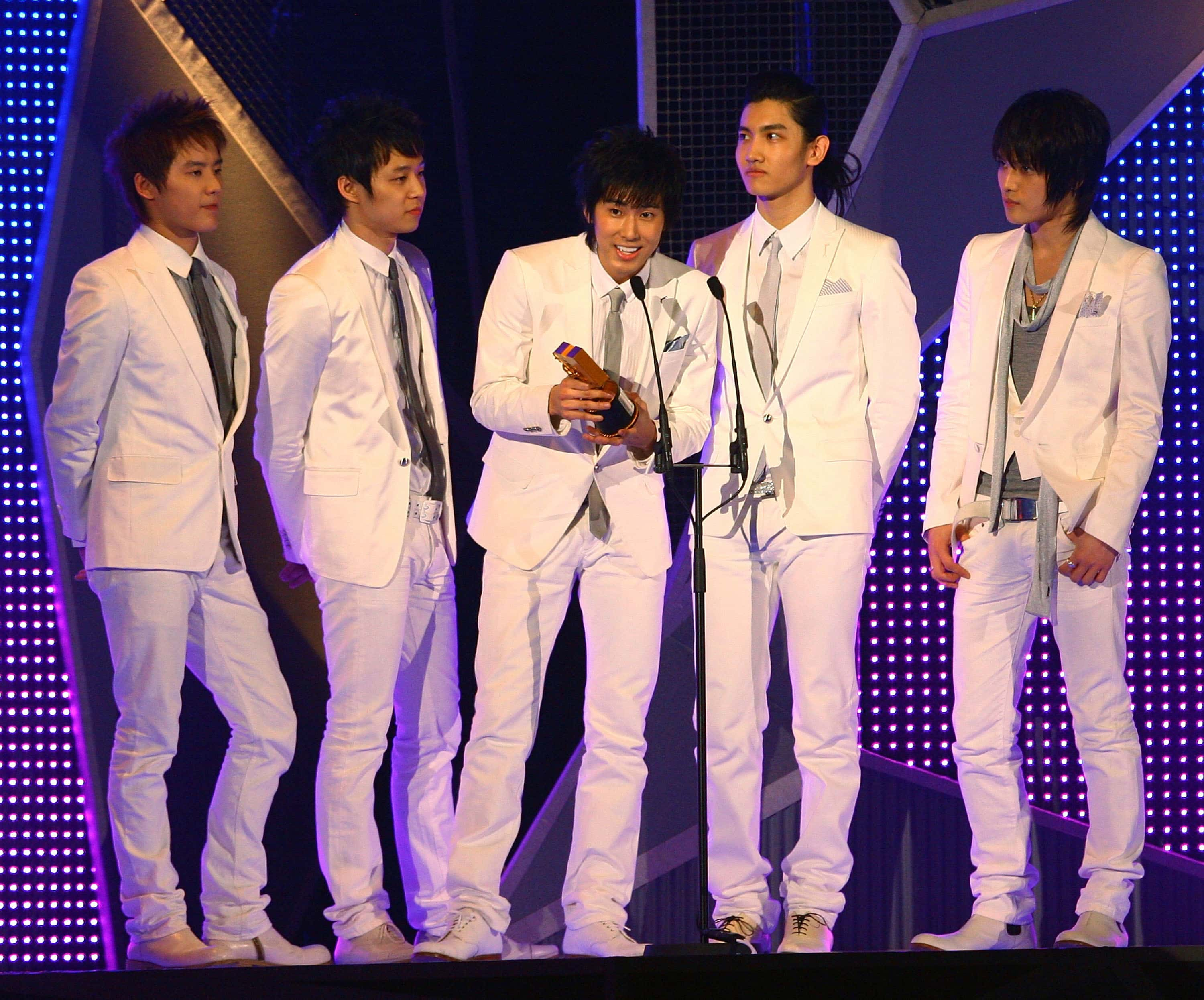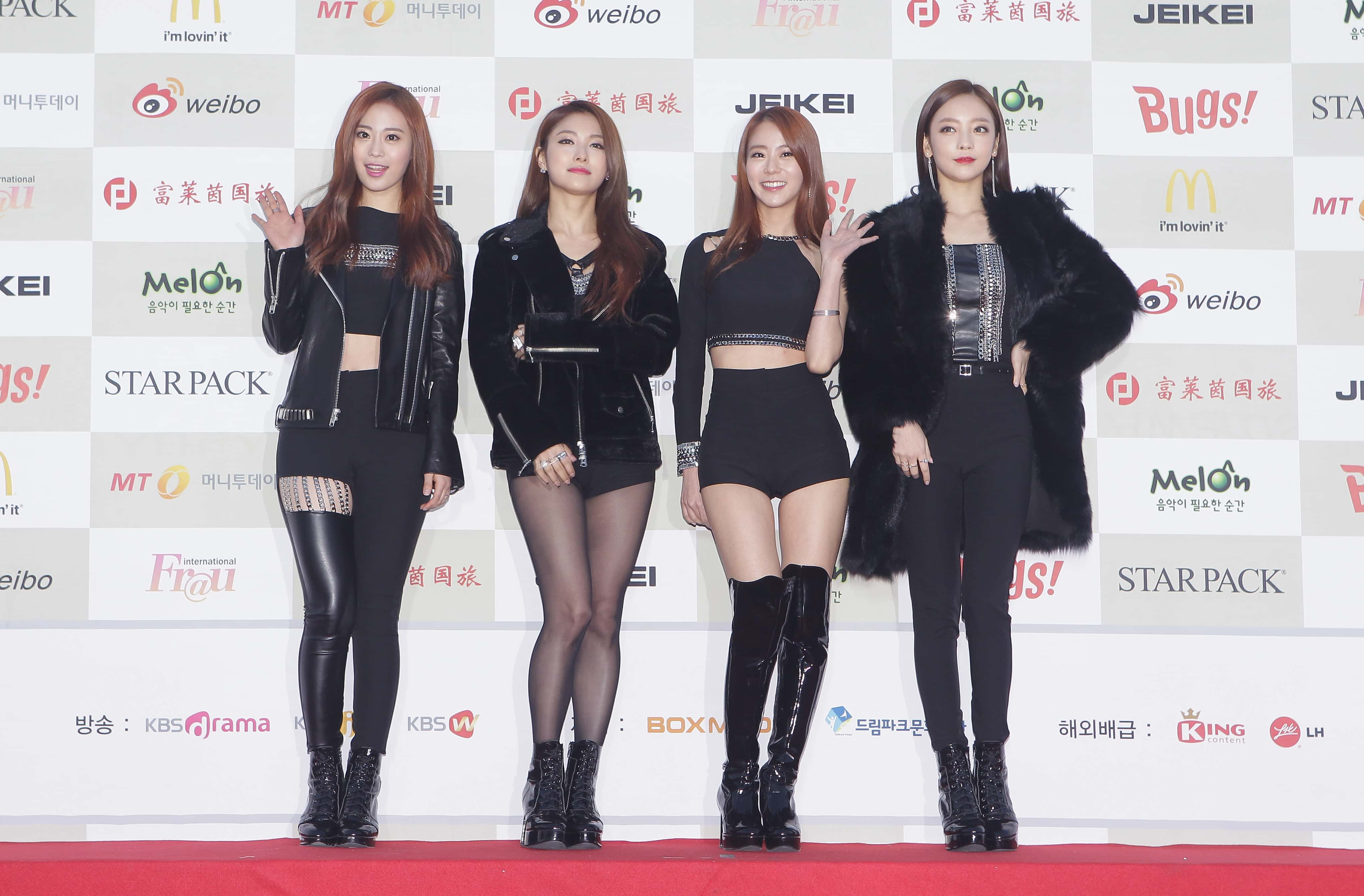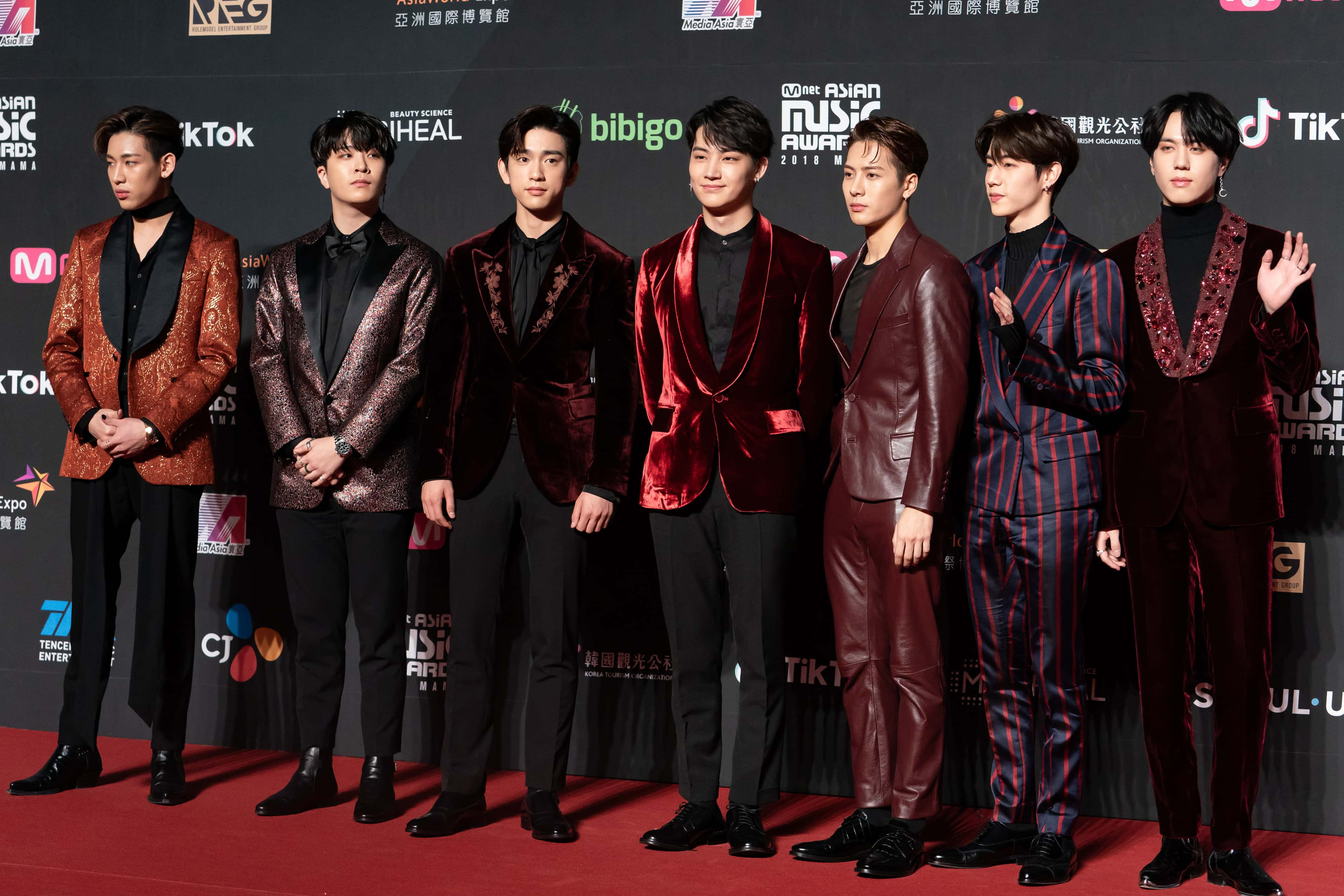K-Pop Exposed: Stars are increasingly under attack, but can stricter laws truly end their suffering?

K-Pop's monumental rise, originally as a non-Western music industry and eventually as a genre in itself is nothing short of phenomenal. For new fans, it's an introduction to a whole new world full of amazingly talented artistes, and for fans that have been around much longer, there is a sense of pride that goes with their idols finally getting the recognition their fans believe they deserve.
But one thing longtime fans know all too well is that the glitz and glamor are but a smokescreen: underneath the smiling faces and behind extremely professional, hardworking K-Pop idols is an industry that often turns a blind eye to their suffering. And while that suffering comes in a variety of forms, from significant health issues to living in cramped basements and using foil as curtains to being physically and in some cases sexually abused by staff and crew (in addition to fellow idols), the one issue that has gripped fans' attention in recent times is the continuous rise of malicious comments online, including death threats, body shaming, misogyny, and beyond.
And these hateful words, traumatic enough on their own, are often made worse by fans that threaten to make good on their promises, such as Twice's Nayeon's stalker following her onto planes and declaring he would murder her if she attempted to date anyone. This horrifying yet normal aspect of idol life is only further intensified by sasaeng or 'stalker fans' who actually do fulfill their threats by following their idols around 24/7 or illegally acquiring their personal details, including phone numbers, addresses, passport copies and more. And in some cases, they take it even further, such as in the case of TVXQ's Yunho, who was poisoned by a sasaeng, SNSD's Taeyeon, who was physically dragged off stage by a stalker mid-performance, or 2PM's Taecyeon receiving fan mail written in menstrual blood accompanied with pubic hair.

With the recent string of suicides among younger idols plaguing the industry, including Shinee's Jonghyun in 2017 and f(x)'s Sulli and Kara's Goo Hara in 2019, fans have declared they've had enough. The loss of young talent is painful enough on its own, but these situations pointed to a much greater issue: one of the overlooked mental health issues among idols that often stem from the intense scrutiny they are often under from the public, media, and their own agencies and colleagues. Jonghyun, for instance, alluded to his depression and feelings of isolation as the reason for his pain in a note he left behind, aside from also highlighting the teachers and doctors who blamed him for his own suffering instead of hearing his plea for help.
Sulli was an active feminist, one who was repeatedly dragged for her choices which included dating a much older man (the hate from which happened to coincide with her choice to exit f(x)) and choosing to not wear a bra under her shirts, while Hara was involved in a case against her ex-boyfriend who attempted to blackmail her using a sex tape filmed without her consent after a history of abusing her when they were together, an experience that was a major reason for her choosing to help with investigations in the Burning Sun scandal case that shook the industry and outed several male idols, politicians, and high-ranking officials as being complicit in crimes that largely targeted women and girls. Neither woman got to see justice against those that continued to belittle them in the days before their passing, despite actively campaigning for equal rights and fair treatment till the end. Hara's ex was eventually sentenced to prison on several counts but he was acquitted of the charge of filming her without her consent, a ruling that her family was extremely disappointed with.

Sulli's passing shook the fandoms up enough, however, that they began to finally push for greater protection for idols from malicious comments and trolls, with 'Sulli's Law' being introduced as a means to fight cyberbullying. More recently, South Korea's main portal sites began to shut down their comment sections under entertainment news in their effort to curb the vitriol often spewed against idols. Many saw this as a win because it appeared to lower the number of hate comments. But individuals from within the industry thought otherwise: as they tell it, the comments didn't stop just, they simply disappeared from public view. The idols, however, are still receiving hate, either via other portals and websites or more directly.
At present, one of the most active fandoms that are working towards protecting their idols is GOT7's Ahgases, who have relentlessly trended hashtags like #FairTreatmentForGOT7 across social media in an effort to combat both the sasaeng threats the group members receive as well as the treatment they receive within their agency, which fans see as being biased and not in the group's best interests. They've gone as far as parking a truck with a massive GOT7 display and a banner that reads 'Better Treatment For GOT7' in black and bold neon in front of the JYP Entertainment agency building. JYPE, for their part, has responded by silencing the group, including removing any content the members put up that mentions the campaign or the truck, essentially limiting what they are allowed to say and offering no statements on the group's safety going forward. And while all of that happens on one end, Sulli's Law has been quietly tossed out on account of no assembly member being willing to propose such a bill, with several being of the opinion that there were more important things to focus on. And amidst that sentiment, Seoul’s Mayor Park Won Soon was accused of sexual harassment and found to have taken his life a day after.

As fandoms desperately continue to try and form a virtual wall around their idols and keep them safe, they find themselves fighting a very steep, uphill battle, one that neither the artistes' own agencies and colleagues nor the South Korean legal system are willing to provide them much assistance on. And even if they were to extend a helping hand, it would probably take far more than kind words and laws named after beloved idols to make a real difference to their lives.
K-Pop Exposed is a column that gets under the hood of what's happening behind-the-scenes in the world of Korean pop.










